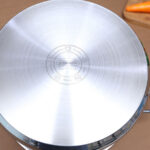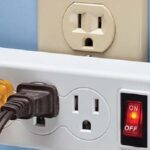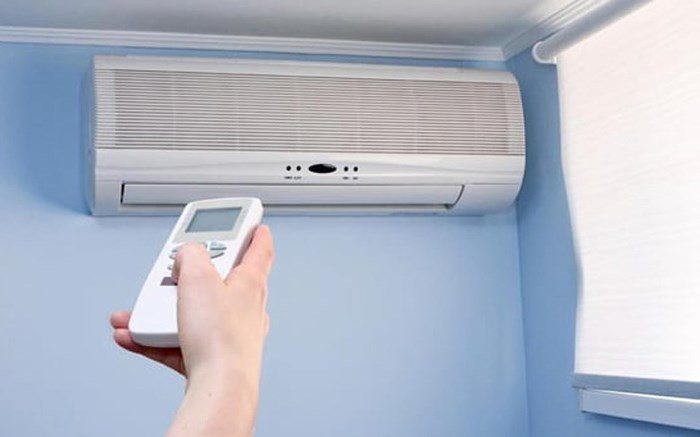
26°C vs. 28°C: Which Temperature Is Healthier?
Many people believe that setting their air conditioner to 26°C is more comfortable and energy-efficient. However, this is a misconception.
The ideal temperature during the day is between 24°C and 27°C. But at night, 26°C is not suitable as the outside temperature changes, following three different stages.
From 10 p.m. to midnight, our body temperature is relatively high due to daily activities. Setting the air conditioner to 26°C during this period is acceptable. However, between 2 and 3 a.m., as the outdoor temperature drops and we enter deep sleep, our body temperature lowers slightly, and you may start feeling cold at 26°C.
From 4 a.m. to 6 a.m., we will feel extremely cold at 26°C, affecting our sleep quality. Additionally, without a blanket, we are more prone to catching a cold and experiencing symptoms like a stuffy nose, joint pain, dizziness, and body weakness.
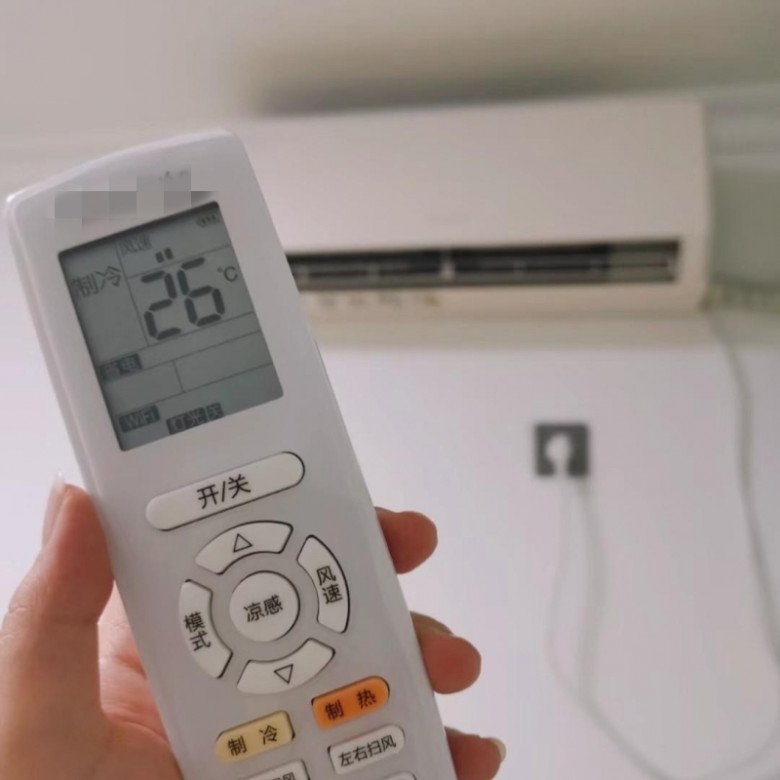
Experiments show that 28°C is the most comfortable and healthiest temperature as it is neither too hot nor too cold. Even if you sleep without a blanket, you won’t feel chilly.
In fact, during the day, 28°C is also a better option than 26°C because the indoor and outdoor temperatures won’t differ significantly, preventing thermal shock.
26°C vs. 28°C: Which Temperature Saves More Energy?
From an energy-saving perspective, 28°C is more efficient. Research shows that the lower the set temperature, the more energy the air conditioner consumes. Increasing the cooling temperature by just 1°C can save 6-10% of electricity.
To prove this, an experiment was conducted where the air conditioner was set to 26°C and 28°C for two consecutive days, running continuously for eight hours each day. Results showed that the day with the temperature set at 28°C saved 10% more energy than the day set at 26°C.
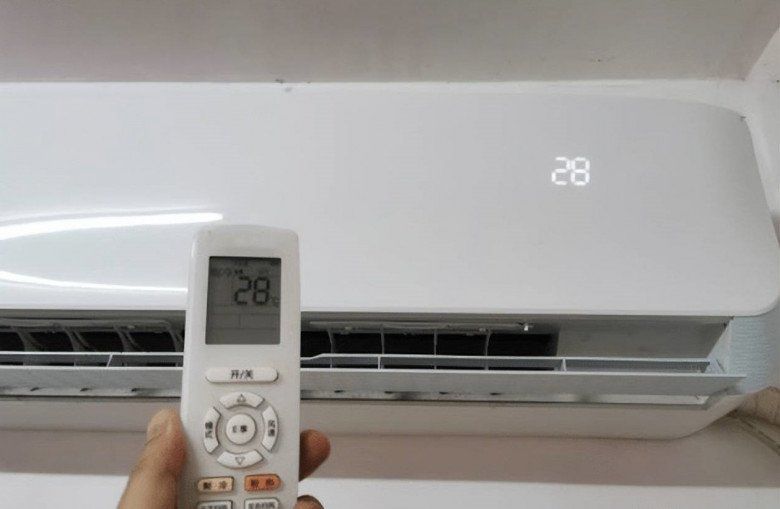
Of course, energy saving is not just about increasing the temperature. You should also consider factors like the room’s insulation, direct sunlight exposure, foot traffic, and whether the air conditioner’s capacity matches the room size.
If your room receives direct sunlight, you may lower the temperature to feel more comfortable. Additionally, activities like cooking or using heat-generating appliances will increase the load on your air conditioner. Thus, considering these factors is essential for true energy efficiency.
Energy Saving Tips for Electric Stove Users: A Guide for the Savvy Home Cook
Introducing: The Ultimate Guide to Saving Electricity When Using an Electric Stove.
Electric stoves are convenient, but they can be a drain on your wallet. However, with these clever tips and tricks, you can master the art of cooking efficiently and minimize your electricity usage. Discover the secrets to harnessing the power of your electric stove without breaking the bank. Learn how to make your kitchen greener and your bills lower. It’s time to cook smart and save!
7 Costly Electricity Mistakes You’re Probably Making: Are You Wasting Money on Your Energy Bills?
Many make the costly mistake of assuming that their energy bills are fixed and cannot be reduced. This is simply not the case, and there are a multitude of ways to lower your energy costs and save money. From simple behavioral changes to investing in energy-efficient appliances, there’s a world of opportunity to reduce your carbon footprint and keep those dollars in your pocket.

























